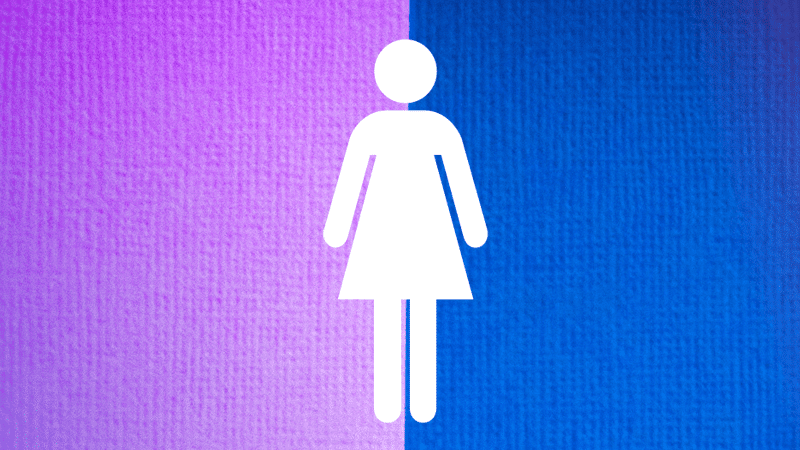Four young women who began identifying as men have created a video explaining why they ‘detransitioned’ and have returned to living as women.
Helena, Jesse, Dagny and Chiara set up a new group to help young people understand the dangers of transgenderism.
Pique Resilience Project looks to “promote positive social change through candid examination” of their experiences as detransitioners.
Parental influence
In the video, they reveal that three of them had taken testosterone to begin medically transitioning from female to male.
Dagny explained it was the support of her parents that persuaded her to transition.
“I think if I had been made to wait until I was 18, when I was just on the verge of going to college, I would not have started hormones.”
Regrets
Jesse said she believes it compounded her other mental health issues and that her time ‘living as a man’ was a “confusing and deluded” part of her life.
She added: “I completely regret jumping into it. I should have just chilled out”.
One of the problems Helena faced, which pushed her towards transition, was that every time she expressed any doubts, or asked any questions, her questions were “vehemently shot down”.
Doubts
Chiara agreed, saying: “As soon as you start to maybe move away from a trans identity or start to voice things, they call you a TERF (trans-exclusionary radical feminist), or they instantly ostracise you and call you a traitor and fake.
“So it’s very hard to voice doubts and that contributes to not allowing you to voice that or realise that about yourself”.
All four of them agreed that their experience of transitioning had been overwhelmingly negative.
Afraid
Dagny added: “I think that transitioning both socially and then later medically became this way to inject positive change over my life when at the time I had no control over my life and was super sad.
“But looking back it was probably the most stagnant period of my life so far.”
She continued: “I made no new friends, I was miserable all the time, my grades were dropping, I was self-harming.
“I think what I saw as positive change was actually the thing that was dragging me down the most in my life at the time. So I honestly can’t see any pros to, at least, my experience with transition”.
Free speech
In the UK, a psychotherapist recently revealed that he has been approached by 50 people who wish to reverse their transition.
James Caspian was denied permission to research the phenomenon of detransitioning at Bath Spa University in 2017, and says he has been approached by many patients since who say: “I’m not the other sex. I shouldn’t have done this.”
He is currently challenging the university’s decision in the High Court, and says a win “would be a victory for freedom of speech in academia”, and for people to feel they can research “any controversial subject without fear of being vetoed”.
Children
More and more children are beginning to identify as transgender, with one school in Brighton seeing an enormous rise in the number of children saying they do not identify as their birth sex.
In November, Dorothy Stringer School in Brighton said it had 40 pupils between the ages of eleven and 16 who do not identify with their biological sex. A further 36 pupils identify as ‘gender-fluid’.
Jane Galloway, parent and women’s rights campaigner, said: “I fear greatly that in 10 to 15 years’ time, we will find ourselves with a slew of young adults with mutilated bodies, no sexual function, who will turn round to the NHS and ask, ‘Why did you let us do this?’”

